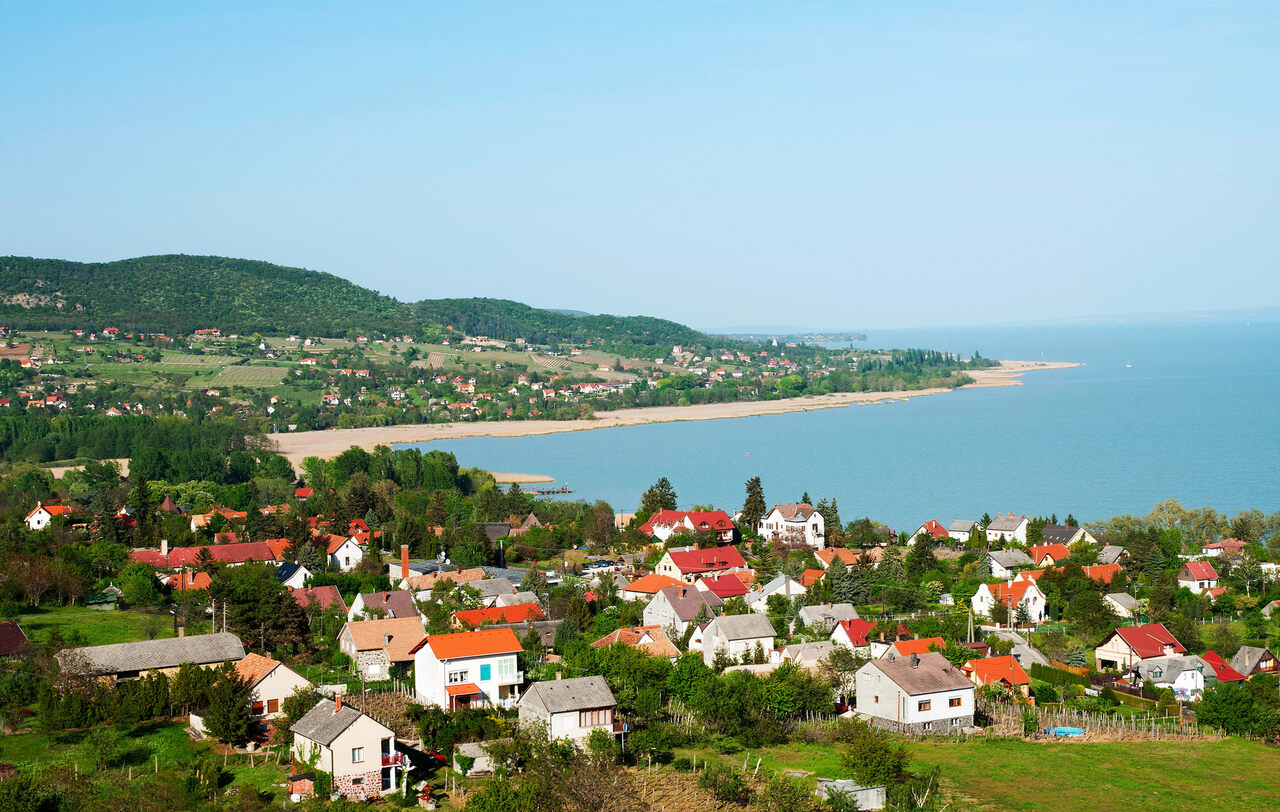PM Orbán proposes new rules giving Hungarian municipalities greater control over newcomers, foreigners

Prime Minister Viktor Orbán has introduced a draft regulation for public consultation that could bring significant changes to life in Hungarian towns and villages. The aim is to equip local governments with more tools to regulate who may settle in their communities, particularly when it comes to property purchases.
Parliament had previously passed a law on “protecting local identity”; this new decree outlines how that law would be implemented in practice. According to Economx, the proposal centers on giving communities the authority to choose whom they welcome and whom they may reject—based on cultural or community values.
Clarifying rules, not tightening them
The Ministry of Public Administration and Regional Development emphasised that this is not about tightening restrictions, but about creating clear procedural rules for the enforcement of an existing law. The draft regulation, now open for public input, is designed to provide municipalities with the legal backing they need to preserve local identity. The rules will not be uniform across the country: municipalities can tailor them according to local values, priorities, and goals.
- Home Start credit cap rises for detached homes – what It means for buyers
- Experts warn: New Hungarian housing loan scheme could push property prices even higher

Under the proposal, municipalities will be required to publish the criteria they use to decide on settlement requests. They must also assist individuals seeking to move in by helping them understand whether they are eligible to do so. A new element in the draft is that municipalities will gain preemption rights, allowing them to block certain properties from being sold to buyers deemed undesirable. The local notary will be responsible for designating who can exercise this right on behalf of the municipality.
Who qualifies as a “newcomer”?
The draft regulation defines “newcomers” as individuals who neither own property nor have registered addresses in a particular town, but intend to buy property or establish residence there.
These individuals would need to submit a request to the local municipality seeking approval for property acquisition. If denied, the municipality could invoke its preemption rights.

The decree includes several exceptions: people already having close relatives in the community, or those who can prove they’ve lived there for at least a year in the past—even as children—would not be subject to the same restrictions.
Other exemptions apply to individuals relocating for work, especially in the public or municipal sectors. University students, clergy members, and residents of healthcare, social, or correctional institutions are also exempt.
New legal tool for municipalities: the pre-emption right
If a newcomer doesn’t qualify for an exemption, their property purchase can trigger the municipality’s preemption rights. The municipality gets the first opportunity to buy, followed by companies in which it holds a majority stake. If neither exercises the right, the property may be sold to adjacent landowners or to individuals who already own real estate in the area.
- Real estate expert: small, scenic Hungarian settlements could restrict property purchase, bigger places afraid of locals

All written statements submitted during the process must be preserved and cannot be discarded. Sales documents must remain publicly available for eight days before the preemption process can begin.
Regional Development Minister Tibor Navracsics noted that the goal isn’t to ban settlement, but to protect local identity and ensure sustainable use of public infrastructure. He said public consultation led to a softening of the original proposal’s stricter elements. A complete ban on newcomers was removed, and the revised rules no longer contain provisions that would fully prohibit settlement. However, municipalities will be empowered to limit address registrations, enforce preemption rights, and require settlement approvals. At the same time, legal recourse will be available for individuals who feel they’ve been discriminated against.
To read or share this article in Hungarian, click here: Helló Magyar
More article concerning property in Hungary.







